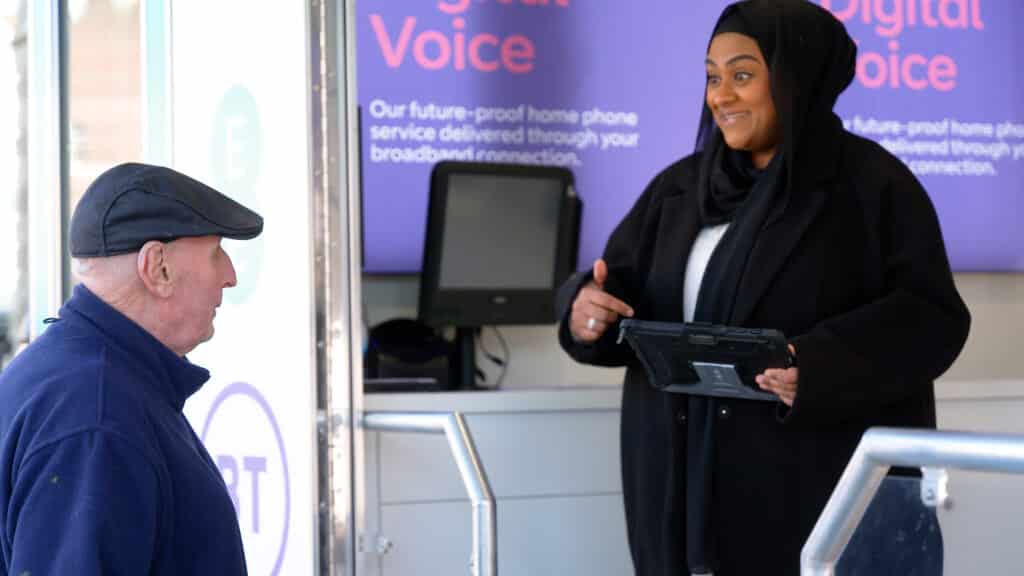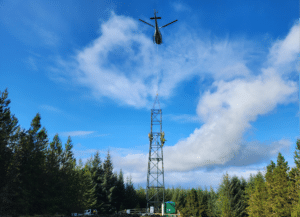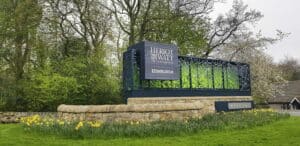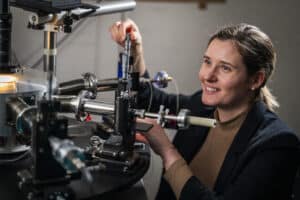Dozens of events to be held in areas such as Edinburgh, Glasgow, Aberdeen, Inverness and across Scotland’s islands
BT is to hold over 40 events across Scotland this summer to help raise awareness of the change from analogue to digital landlines by the end of January 2027.
The company will be holding events throughout July and August to visit communities in every local authority area, including those in rural locations, to talk to customers about how landlines will be changing over the coming years. This will include the steps they will need to take and the support that will be available.
The change, which will see calls made over a broadband line for the vast majority of customers, is a much-needed upgrade due to the increasingly fragile and 40-year-old analogue technology.
At these events, experts will show customers how BT’s new home phone service Digital Voice works and demonstrate other new products.
Events being held include:
· Edinburgh: 10 July 2024, 10am – 3pm
Nicolson Square, 25 Nicolson Square, Edinburgh, EH8 9BX
· Stornoway: 16 July 2024, 16:00 to 18:00 and 17 July 08:00 to 14:00The Bayhead Bridge Centre, Lamont Lane, Bayhead, Stornoway, HS1 2EB
· Aberdeen: 29-30 July 2024, 10am – 4pm
Morrisons (carpark), 215 King Street, Aberdeen, AB24 5DA
· Glasgow: 7 August 2024, 10am – 3pm
Trades Hall of Glasgow, 85 Glassford Street, Glasgow, G1 1UH
· Inverness: 7-8 August 2024, 10am – 4pm
Morrisons (carpark), Millburn Road, Inverness, IV2 3PX

Vicky Hicks, Senior Engagement Manager at BT, said:
“We will be visiting Scotland throughout July and August to speak to our customers face-to-face and answer any questions they may have about the essential upgrade from analogue to digital landlines.
“The landline is here to stay, and for the majority of customers, making the switch simply means plugging your phone into a broadband router instead of into a wall-mounted phone socket. This will bring new benefits like advanced spam call blocking. So far, we’ve prevented over 1.2 million scam calls from reaching our customers and flagged more than 6.4 million potential nuisance calls.
“Thanks to upgrades to Scotland’s broadband infrastructure, led by BT Group and government partners in some locations, more than 96% of Scotland now has access to superfast broadband and around 42% of the country has access to BT’s full fibre broadband. This means the vast majority of our customers won’t experience much of a difference in their service when they make the switch.”
BT recently announced an update to its timetable for moving all customers off the Public Switched Telephone Network (PSTN) and onto digital landlines, outlining a series of improvements to better protect vulnerable customers and those with additional needs, including telecare users.
It also confirmed that customers who identify as vulnerable, have additional needs or who use a telecare alarm system will not be switched until Spring 2025 at the earliest. This allows time for data sharing agreements with Local Authorities or Telecare companies to be in place and in-home support for telecare users to become available.
BT will instead focus initially on switching customers who have not used their landline over the last 12 months, encouraging them to take a digital landline provided over full fibre broadband, where available.

The company also announced plans to offer a dedicated landline service for customers who don’t use broadband from the Autumn. Allowing customers to use their landline in the same way as they do today until a digital solution becomes available or 2030, if that comes sooner.
BT is working with local authorities, the telecare industry and government bodies to ensure vulnerable customers are identified and can be supported with the necessary steps to make the upgrade in the future.
In January, BT led the formation of the Telecare Action Board (TAB), which has brought together around 30 organisations from government, the telecoms and telecare sectors, industry bodies, local authorities and regulatory stakeholders to identify and protect telecare users and those with additional needs before they switch to digital.
BT is now working with the wider industry and partner organisations to ensure the necessary agreements are in place to lead to a successful upgrade across Scotland.
So far, only around a quarter of local authorities and telecare providers across the UK have disclosed which phone lines have telecare devices on them; it’s now imperative that every single one of these organisations do the same so that these customers receive the right support at the right time.
For more information visit: https://www.bt.com/digital-voice.

































